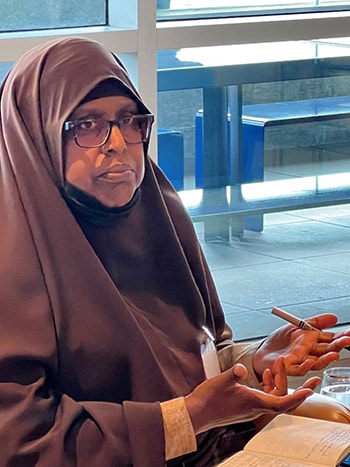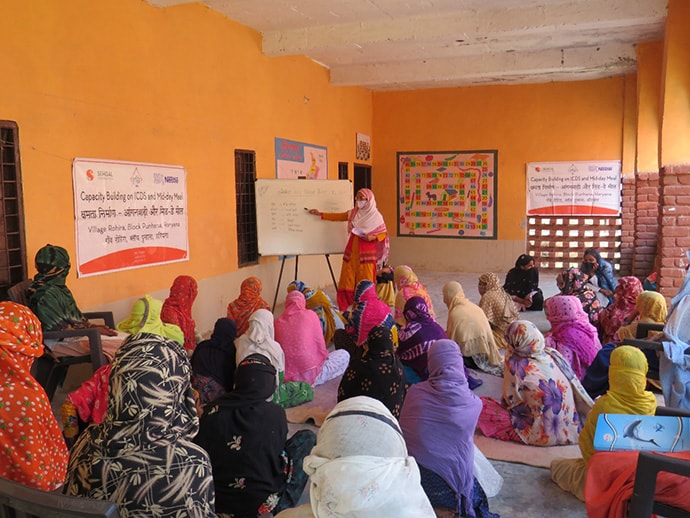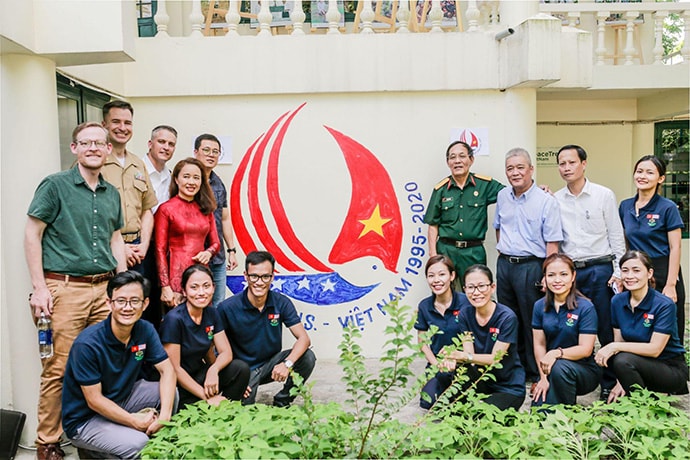On Trust, Humility, and a Path Forward, from Decolonization Trailblazer Degan Ali
By Lynn Schnaiberg
Trust and humility.
That’s what Degan Ali said is sorely needed in international aid and development at a June Global Washington roundtable on decolonizing global development and the role of U.S. based iNGOS. What does trust and humility look like? More trust in local people on the ground in the places iNGOs work. And more humility to listen to and learn from them.

Degan Ali. Photo: Akhtar Badshah
Ali, the executive director of Nairobi-based Adeso and a trailblazer in the movement to decolonize aid and rethink humanitarianism, put it this way. “If there was a crisis, God forbid, in Seattle, we would expect that level of dignity and respect that people would trust you all to know what you need and how you need it and when you need it. But that level of consideration and trust is not given to people in the Global South, unfortunately.”
A global leader in community-centered development, Ali is working to change both the conversation about aid and development and take concrete steps to change the sector. Briefly, she envisions the Global North ceding more resources, voice and power to the Global South. It’s a vision that supports self-determination and civil society in the Global South—with iNGOs walking the talk of cultivating local vision, leadership and capacity. (And one where donors increasingly give directly to local groups.) Ali acknowledges the decolonization conversation can be uncomfortable—especially for leaders of iNGOs who aren’t based in the places where their work is being done or who don’t represent those communities. But she says it’s necessary.

